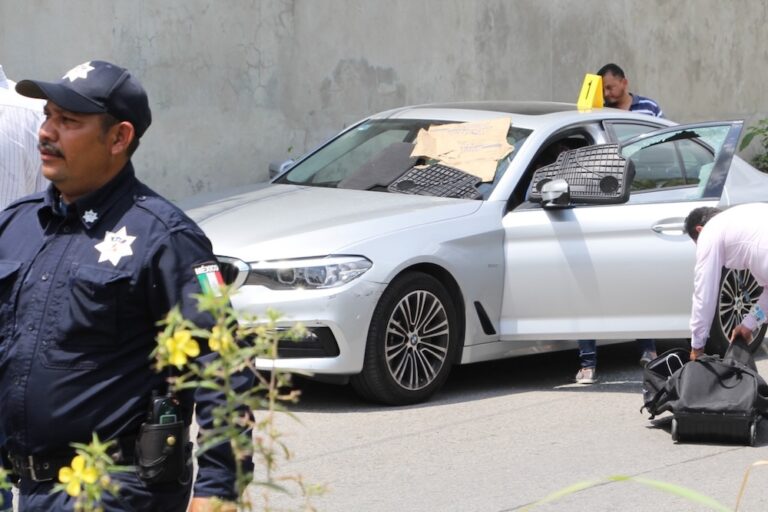The media reported that Maruchi Bravo Pagola and Gilberto Martínez Vera were arrested and taken to the state capital.
(ARTICLE 19/IFEX) – 30 August 2011 – After rumours of an attack against an elementary school that was supposed to take place in Veracruz, one of the largest cities of the region, were spread in Twitter, on 24 August 2011 Governor Javier Duarte denied the information through his Twitter account. A few hours later, the Attorney General’s Office of the state government of Veracruz (East) announced its intention to present charges against 17 Twitter users for terrorism. Some of the individuals deleted their accounts and other decided to flee the state. One day later, on 25 August, it was reported that two users, Maruchi Bravo Pagola (@maruchibravo) and Gilberto Martínez Vera (@gilius_22), were arrested and taken to the state capital.
Bravo used to work for the Veracruz government in the Ministry of Education as director of artistic and cultural activities. Both Bravo and Martínez pleaded not guilty to all the charges. A few hours later, a letter from Bravo was made public in which she accused the Attorney General’s Office of inflicting psychological harm during the early hours of the arrest.
The authorities have dismissed the accusations of mistreatment and insist that the investigation was not an infringement of the right to freedom of expression, but rather a decisive action to protect the people of Veracruz from misinformation and terror. Nevertheless, while the rumours were circulating, neither of the two Twitter accounts the government uses for information related to public security, provided any information countering the rumours. Instead, they only redistributed the governor’s message condemning the “misuse of social networks to spread terror”.
Based on the Criminal Code of Veracruz, the administration of Governor Duarte is imposing an unjustified, and therefore illegitimate restriction on the right to freedom of expression. No restriction on this right may be imposed on the grounds of national security or public order unless the government can demonstrate that the restriction is prescribed by law and is necessary in a democratic society to protect a legitimate national security interest.


